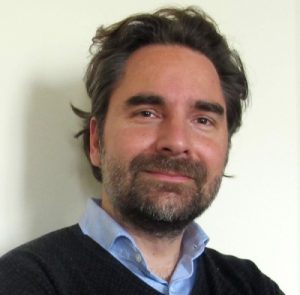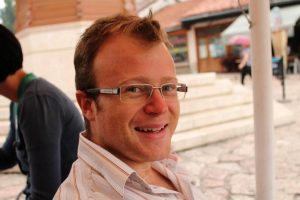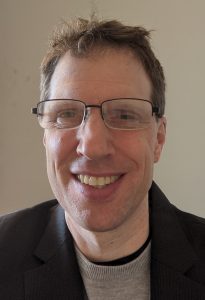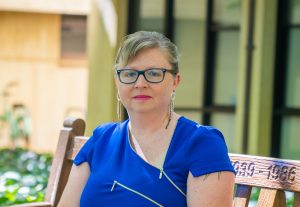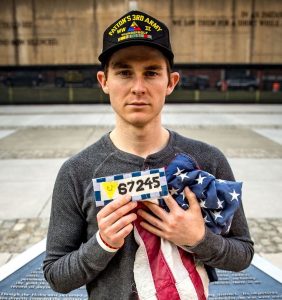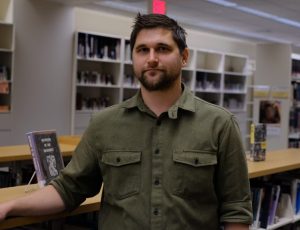In 2017, the Post-Conflict Research Center (PCRC) and the United Nations Office on Genocide Prevention and the Responsibility to Protect (UNOGPRP) saw an opportunity to build upon the capacity and utility of the PCRC’s annual Genocide Prevention Seminars. Together, they established the Western Balkans Coalition for Genocide and Mass Atrocity Crimes Prevention (CGMAP) to connect and facilitate collaboration amongst participating civil society organizations as they develop and carry out programs that identify, assess, respond to, and prevent atrocities within their communities.
The regional collaboration we’ve seen since, supported by the international community, has given rise to a new optimism about confronting problems like corruption, discrimination, stereotyping, and hate speech.
Features of the Western Balkan Region’s political, social, and economic system that contributed to instability and wars of the 1990’s are still present, but it is the hope of all participating organizations that this collaborative platform and concurrent training sessions will be an asset in preventing future tension and conflict.
Since 2011, PCRC and UNOGPRP have trained and supported local organizations in monitoring risk factors associated with intergroup violence and mass atrocities. CGMAP expands the support we give to local conflict mitigation and prevention systems, and to organizations and coalitions who focus on preventing and stopping localized threats and manifestations of violence before they escalate.
About the United Nations Office on Genocide Prevention and the Responsibility to Protect (UNOGPRP)
Established in 2004, the UNOGPRP advances national and international efforts to protect populations from genocide, war crimes, ethnic cleansing and crimes against humanity. Their focus is to lessen the risk of atrocity and determine the appropriate action to stop crimes from occurring, halt those that are ongoing, and to discourage recurrence by punishing those responsible. Their office in New York City collects information, assesses fragile situations worldwide, and alerts relevant actors to the risk of atrocities. They also participate in training and provide technical assistance to promote greater understanding of the causes and dynamics of crimes against humanity and how they can be prevented. For more information, please visit: http://www.un.org/en/genocideprevention/
About the Post-Conflict Research Center (PCRC)
The Post-Conflict Research Center, founded in 2010, is a grassroots NGO based in Sarajevo, Bosnia and Herzegovina. They are dedicated to restoring a culture of peace and preventing violent conflict and radicalization in BiH and the Western Balkans. PCRC creates, implements and supports unconventional and innovative approaches to peace education, post-conflict research, human rights and transitional justice, the prevention of genocide and mass atrocities, and creative arts and multimedia. PCRC strives for a society where people no longer perceive diversity as a source of conflict, but as the basis for prosperity. They are committed to establishing an environment where human rights are respected and the principles of transparency, accountability and the rule of law are upheld to support a healthy democracy. As part of their work, they have made 7 documentaries featured in al Jazeera Balkans, PBS and UN Web TV reaching 1.4 million viewers in the Balkans and 370 million viewers worldwide. For more information, please visit: http://www.p-crc.org
